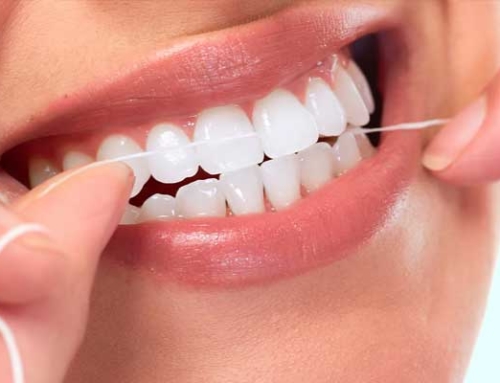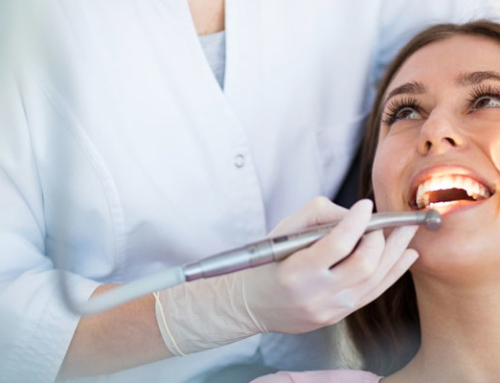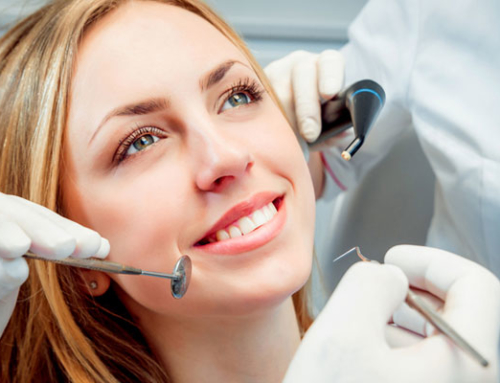It may come as a surprise but good oral health is not only important to your teeth and gums. Evidence has shown that bad oral hygiene can cause and aggravate a number of different health conditions. Over and above this, poor oral health has also been linked to cognitive decline – especially age-related neurological conditions such as dementia.
Most people however fail to take the necessary steps to protect their physical and mental health by employing good oral health practices.
1. Start Young
The best time to start learning good oral health practices is at a very young age from the time when teeth first start appearing in the mouth at around 6 months. The first visit to the dentist at about 1 year of age is a good time for both parents and the baby to start learning about how to properly care for their teeth. Early visits also reduce the risk of children developing a fear of a dentist. A child should see the dentist at least once a year.
2. Brushing, Flossing And Rinsing
It is recommended to brush your teeth at least once a day although twice a day is preferable. Use a soft bristle (avoid hard brushes) toothbrush and toothpaste recommended by a dentist. Brush for at least 2 minutes at a time. Electric toothbrushes are preferable to manual brushing, even for young children.
Your teeth should be flossed at least once a day either before or after brushing. Make sure that the floss reaches all the way down below the gum line and between all the teeth. Don’t neglect the space between the teeth and the gums right at the back of your mouth.
Rinse your mouth well with clean water after brushing and flossing. You can use a mouthwash to complete your daily or twice daily oral health routine to give your mouth that extra clean. If you are uncertain about the correct way to brush and floss, pay a visit to your dentists.
3. Mouth Wash
Your mouth is a breeding ground for bacteria as it contains all the elements of the microorganism’s preferred environment – it’s warm, it’s wet and it contains a constant supply of sugar from food and beverages that we consume. A quick rinse with a mouthwash after eating or drinking can help eliminate sugar and bacteria from the mouth. Even rinsing with water is a good idea.
4. Drink Plenty Of Water
Apart from the dangers that sugar and bacteria pose to the teeth and gums, acid is another big element to avoid. Unfortunately, many foods and beverages are acidic in nature. Drinking plenty of water can help wash away this acid and is also very good for your health. It is recommended to drink at least 8 glasses of water every day. Make sure that it is the unflavored and unsweetened kind and forgo that twist of lemon or lime.
It is recommended to visit your dentist at least once a year for a checkup and a professional tooth cleaning for optimal oral health.





